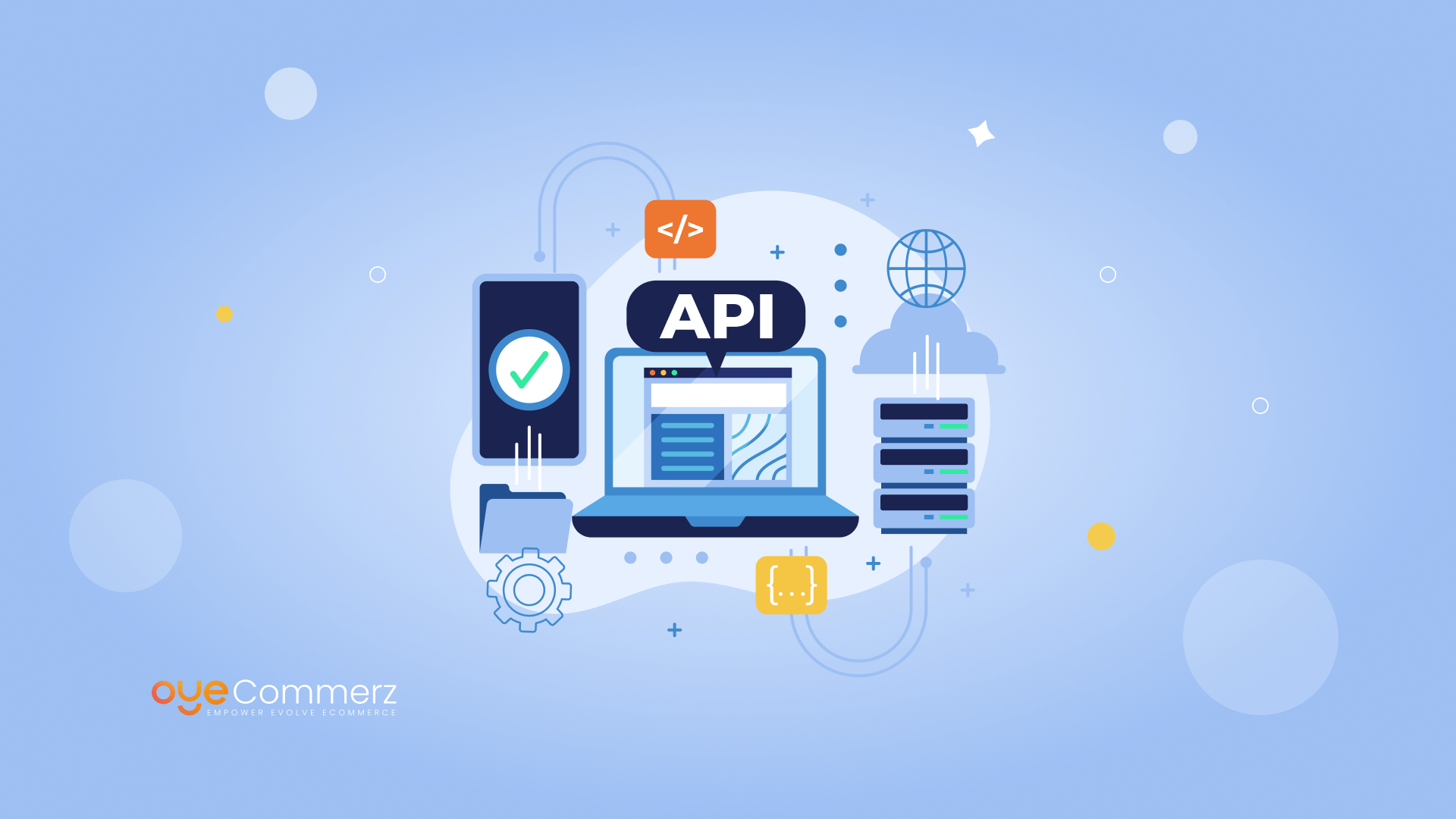Overview
In today’s cutthroat e-commerce environment, standing out is essential, and one of the best ways to set apart a Shopify store is through tailored app development. A well-built Shopify app can enhance store functionality, streamline operations, and elevate customer engagement. This guide delves into key aspects of Shopify app development, covering API integration and app ecosystem to growth techniques and promotion methods, offering a roadmap for companies looking for superior store performance.
Why Shopify API Integration Matters
Shopify’s API provides powerful tools to personalize and extend store functionalities. With the GraphQL and REST API options, developers can retrieve information to create apps that handle inventory management, order processing, and customer data management smoothly. Using Shopify’s API can lead to better workflow automation and allows stores to serve customers more efficiently.
Utilizing the Polaris Design System
Shopify’s Polaris is Shopify's set of design guidelines for designing intuitive and accessible Shopify apps. By adhering to Polaris guidelines, developers guarantee that apps integrate smoothly within the Shopify Admin experience. This provides a cohesive look and feel that appeals to Shopify merchants, encouraging ease of use and comfort for merchants using your custom app.
Navigating the Shopify App Ecosystem
The Shopify app ecosystem provides numerous opportunities for improving online stores. From handling order fulfillment to boosting customer interaction, apps in this ecosystem are designed to meet various business requirements. Familiarizing with this ecosystem helps developers in finding unique app opportunities and enables seamless integration of external tools that add value to the store.
Developing Embedded Shopify Apps
Embedded apps integrate directly within the Shopify Admin, allowing a seamless experience for merchants. They allow merchants don’t have to leave their Shopify control panel, simplifying their process. Using Shopify App Bridge and embedded app capabilities is a best practice for offering a cohesive, integrated user experience.
Using Node.js and React for Shopify Apps
The technologies Node.js and React have become top options for Shopify app development. Node.js enables high-performance back-end services, while React allows for interactive and adaptive front-end design. Together, they provide an strong platform for creating speedy, scalable Shopify apps that enhance store performance and customer interaction.
Utilizing Webhooks in Shopify Development
Webhooks enable instant data updates between Shopify and an outside application. They initiate events such as new orders or inventory updates and send instant notifications to your app. By utilizing webhooks, apps can provide up-to-date insights for store owners, streamlining workflows and boosting productivity.
Customer Engagement and Digital Marketing for Shopify Apps
To ensure Shopify app success, connecting with users is key. Utilizing digital marketing strategies like SEO, email marketing, and social outreach can drive app adoption. Additionally, creating applications with customer interaction as a focus (e.g., loyalty programs or personalized recommendations) boosts user loyalty and loyalty.
Making Your Shopify App Scalable
As e-commerce businesses grow, so do their technology requirements. Making sure that your app can manage increased traffic, larger databases, and more complex functionalities is critical. By optimizing server resources and using scalable technologies, you can create apps that expand in parallel to a store’s success.
Important Features and Maintenance Tips for Shopify Apps
For an app to be effective, it Shopify app adoption strategies should offer essential features like user authentication, analytics dashboard, and customer support options. Ongoing app upkeep, with updates to fix bugs Shopify store improvement tips and ensuring compatibility with new Shopify functionalities, is vital to maintain uninterrupted performance and avoid interruptions to merchant workflows.
Conclusion
Custom Shopify app development holds vast potential for e-commerce businesses, providing the ability to enhance performance, simplify operations, and build customer relationships. With API integrations and Node.js to ensuring scalability and customer interaction, creating a Shopify app involves thoughtful preparation and strategic execution. If you’re prepared to unlock your store’s full potential, a tailored Shopify application could be the perfect solution. What features do you envision for your ideal app? Share your thoughts and begin the journey to an optimized e-commerce journey!
